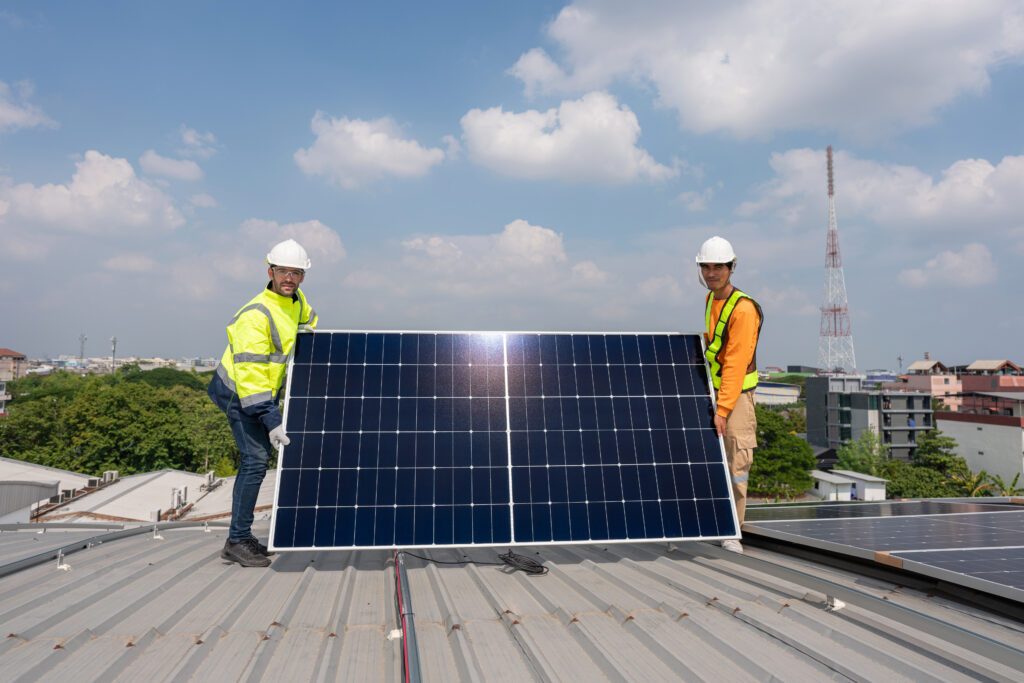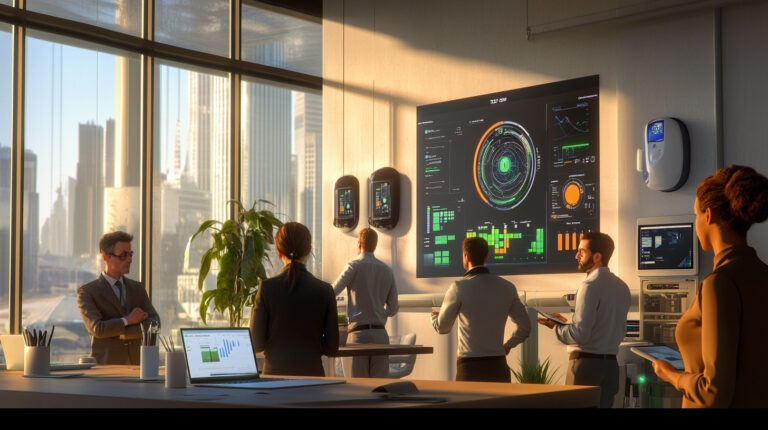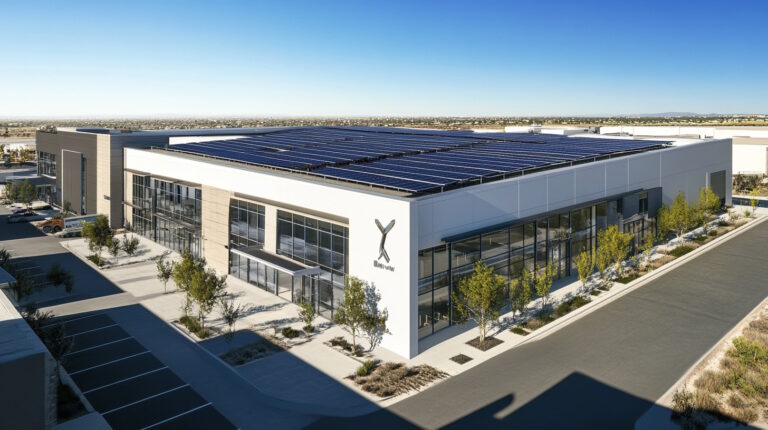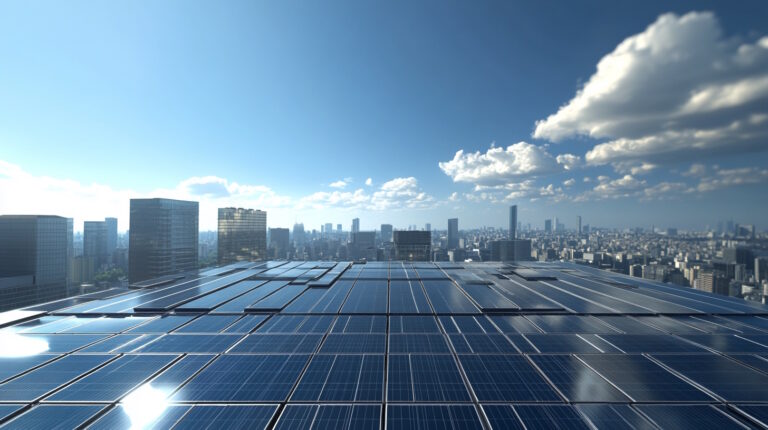Article Insights
- Discover how solar energy for commercial buildings can dramatically lower operating costs and boost property value.
- Learn about the tax incentives and government programs that make commercial solar installation more affordable than ever.
- Understand how embracing renewable energy solutions for businesses can enhance ESG reporting and sustainability efforts.
- Explore the implementation process, challenges, and practical tips for integrating solar energy into your property.
Unlocking the Potential of Solar Energy for Commercial Buildings
As energy costs continue to rise and sustainability takes center stage in business operations, many commercial property owners are looking for innovative ways to cut expenses and improve their environmental impact.
Solar energy offers a transformative solution, providing financial savings, energy independence, and enhanced property appeal. This article dives into how solar energy for commercial buildings is revolutionizing the way businesses think about power and highlights the steps you can take to join the movement.
Why Solar Energy is a Game-Changer for Commercial Properties
Solar energy has transitioned from a niche solution to a mainstream powerhouse in the commercial real estate industry. At its core, solar technology harnesses sunlight to generate clean, renewable electricity, reducing dependence on traditional power grids.
For commercial properties, this translates to significantly lower electricity bills, improved energy reliability, and a smaller carbon footprint.
Financially, the benefits are clear. Energy bills often represent a significant portion of operating costs for businesses. Installing solar panels allows property owners to generate their electricity, saving thousands of dollars annually.
Moreover, solar installations increase property value, making buildings more attractive to tenants and buyers alike.
On the environmental side, adopting solar energy demonstrates a commitment to sustainability. Businesses that reduce their carbon emissions and prioritize renewable energy position themselves as leaders in corporate social responsibility (CSR), appealing to environmentally conscious tenants and customers.
Key Benefits of Commercial Solar Installation
The benefits of commercial solar installation extend far beyond cost savings. Federal and state tax incentives can offset much of the initial investment, including rebates, tax credits, and accelerated depreciation programs like the Investment Tax Credit (ITC). These financial perks make transitioning to solar energy not only affordable but highly profitable over time.
For property owners concerned about ESG (Environmental, Social, and Governance) reporting, solar energy offers a tangible way to enhance their sustainability metrics.
By reducing reliance on fossil fuels, businesses can report measurable improvements in energy efficiency and environmental impact, which can attract investors and tenants.
Another significant advantage is energy independence. With solar panels in place, businesses are less reliant on volatile energy markets or susceptible to power outages.
In regions with frequent natural disasters or grid instability, solar energy coupled with battery storage ensures uninterrupted operations.
Steps to Implementing Solar Energy for Your Property
Transitioning to solar energy requires careful planning, but the process is straightforward with the right guidance. The first step is a site assessment to evaluate your building’s solar potential. Factors like roof condition, orientation, and available space will determine the system’s feasibility and efficiency.
Once the assessment is complete, partnering with a reputable solar provider is critical. These professionals will design a custom solar system tailored to your property’s energy needs, handle the permitting process, and provide warranties to ensure long-term performance.
During installation, the solar system is integrated seamlessly into your building’s infrastructure, minimizing disruptions to daily operations. After installation, regular maintenance ensures optimal energy production for decades to come.
Challenges and Considerations for Commercial Solar Projects
While the advantages of solar energy are undeniable, there are a few considerations to keep in mind. One common challenge is the initial investment cost.
However, financing options like power purchase agreements (PPAs) and leasing programs allow property owners to adopt solar without significant upfront expenses.
Another hurdle is navigating zoning laws and permits. Solar installations must comply with local regulations, which can vary widely. Working with experienced providers familiar with these requirements can streamline the process.
Finally, physical limitations such as insufficient roof space or shading from nearby buildings can impact the effectiveness of solar panels. In such cases, ground-mounted solar systems or solar carports may be viable alternatives.
Embrace Renewable Energy
Embracing renewable energy solutions for businesses is no longer just an environmental choice; it’s a smart financial decision that sets commercial property owners apart in a competitive market.
By adopting solar energy for commercial buildings, you can reduce operational costs, improve property value, and position your business as a leader in sustainability.
If you’re ready to explore the benefits of commercial solar installation, now is the time to take action. Contact a solar consultant or schedule a site evaluation to unlock your property’s potential and join the renewable energy revolution today.








